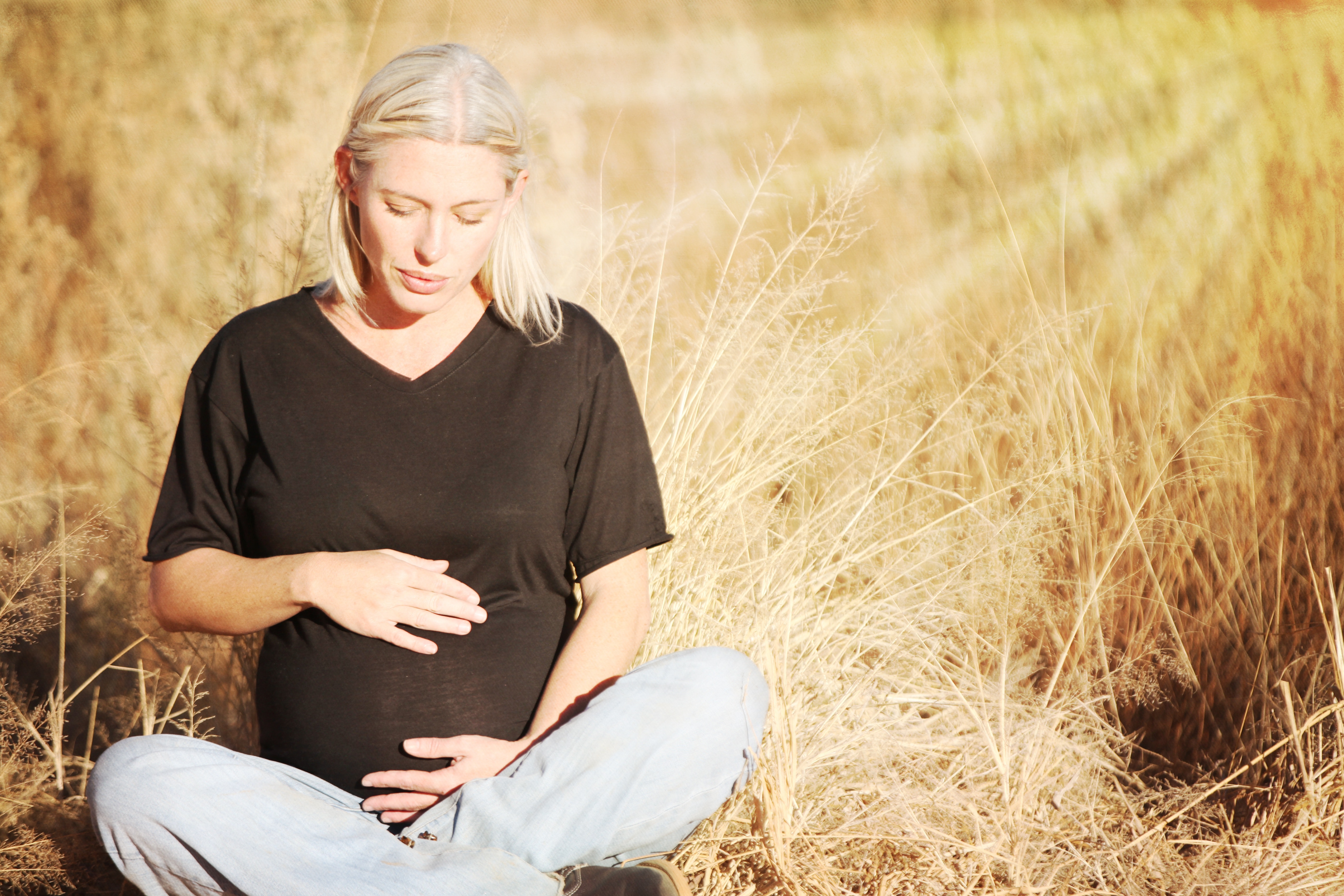
For some people that want to start a family, the traditional route of a man and a woman conceiving a child together is not always possible. Some women have medical conditions, such as heart disease, that may put them at too much risk while pregnant to safely carry a child.
Other women have diseases, such as HIV/AIDS, that they may be lucky enough to not experience as a life-threatening illness, but they would automatically pass the virus on to any child they conceive. And still other women may have been diagnosed with uterine cancer, and subsequently had the uterus surgically removed as part of the treatment. In other instances, it may be a same-sex, male couple that wishes to have a child so, like a woman without a uterus, it is biologically impossible for that couple to conceive naturally.
For all of these medical challenges, however, childlessness may not be the only answer. Surrogacy is one way that all hopeful families in these different situations can still have a newborn child. And one of the options when it comes to surrogacy is the choice the egg that will be used to conceive a child. So what kind of choices does a hopeful family in this situation have?
The Traditional Choice: An Acquaintance
Before more advanced medical techniques were available, most surrogate motherhood activities centered around a couple choosing a woman they knew to provide both the uterus for the baby to grow in, as well as the egg from which the child would be conceived. It was not unusual in these situations for a family to want the child to have some genetic relation to the hopeful parents, so another family member, such as a willing sister or cousin from either side, might volunteer to become a surrogate mother.
In other instances where no family member was available, surrogate mother, and the subsequent egg used would belong to a close friend of the couple, or someone introduced to the couple by a friend of the family. In these more traditional situations, it was not unusual for the sperm of the father to be used to try to strengthen the direct family connection.
The Modern Choice: The Mother Herself
These days, however, a very popular choice for an ovum donation is from the hopeful mother herself. Thanks to a laboratory process known as in vitro fertilization, an egg can now be removed from a woman, but preserved and still viable. Then, in laboratory conditions, it is introduced to a sperm, fertilizes as intended, and, once fertilization is confirmed, it is implanted in the surrogate mother, and allowed to grow naturally for nine months until the time of birth arrives.
In this situation, a hopeful mother’s egg can be donated when required, or, in some cases, retrieved from cryogenic storage. Some women, after finding out medical treatments may render them infertile, for example, will have eggs removed and stored for the day when they might want to have a child. The gestational surrogacy process is the time when they can finally donate that ovum to have the child they’ve dreamed of.
The Alternative: A Third Party Donor
In some cases, such as a same-sex male couple, or a husband and wife where the wife has no eggs available, a final option is to select a donor from available candidates. This usually involves going to an experienced agency that has an extensive screening process. The ovum donor may be the surrogate mother herself, or, in some cases, the couple may have a wish for ovum with very specific genetic characteristics.
For example, an Asian husband and wife may also wish for the child to have Asian genetic characteristics. Thus, while the surrogate mother may suitable for the responsibility of safely nurturing the child, a search may be conducted for an ovum donor that is Asian, to ensure those Asian genetic traits. Other characteristics that can be selected, if desired are traits like hair or eye color, or personal qualities, such as athleticism.
It’s also important, when selecting a third party donor, to make sure that the candidates are carefully selected for health, especially genetic health. There are some conditions, such as cystic fibrosis, or Down’s Syndrome, that are passed on genetically. If a family carries these conditions, there is always a “roll of the dice” during fertilization that the same condition will be passed onto a baby. One of the precautions hopeful parents should always take when looking for a suitable ovum donor is to look beyond just desirable genetic characteristics and strive for good, overall genetic health.
Always Consult The Experts
Surrogacy, especially if a hopeful family is choosing to go with an ovum donor, is a complex, medically intensive process. Make sure to talk to an experienced agency to ensure a safe, medically supervised and contractually legal surrogacy experience that works out successfully for everyone.

